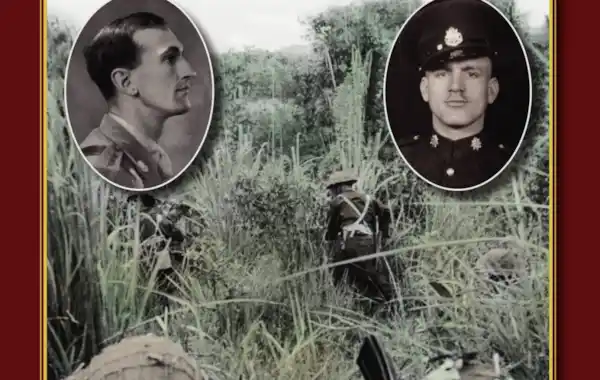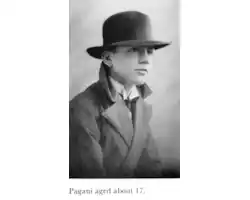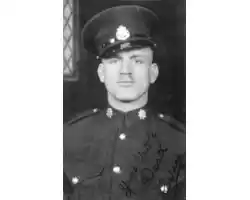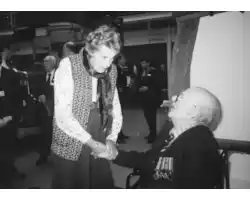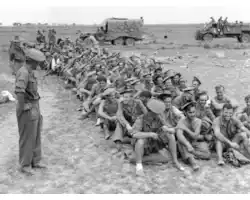31 August 2017
|
Philip Davies tells the story of Corporal Ras Pagani, the only European known to have successfully escaped the Burma Railway.
Philip Davies tells the story of Corporal Ras Pagani, the only European known to have successfully escaped the Burma Railway.
I discovered the incredible story of Major Hugh Seagrim and Corporal Roy Pagani by chance, from a single line in a book recounting the history of World War Two. It was here that I first read about the guerrilla campaign these two men led against the Japanese in Burma, and this single line would lead me on a round the world journey to uncover one of the last great untold stories of World War Two.
Resolved to find out more, I tracked down a living member of the Seagrim family, who also kept in occasional contact with Pagani. This led me to his address in Clacton. I wrote to Pagani, and when I received no reply, I decided to visit his home. Upon arrival, I discovered that sadly he had died just a month previously.
Telling Pagani's story
Determined that his story should be told, I contacted the local Registrar, obtained his death certificate and managed to track down his daughter, Michelle. Shortly after, I visited her at her home where her father had spent his last days. We were also joined by her older sister Cheb. Cheb revealed that her father had written a private, unpublished memoir of his wartime experiences, which she agreed to share with me.
This memoir, backed up by my own exhaustive research, confirmed that Pagani was the only European to escape successfully from the fearful Burma Railway. I never knew anyone had, and wondered they the full story had never been told. Having escaped alone from Dunkirk, and again from Singapore, he was one of the most intrepid serial escapees of the entire war.
Escape from the Burma Railway
After escaping from the railway, Pagani came across a group of friendly Karens, an indigenous hill tribe of eastern Burma, who led him deep into the jungle to join the legendary Major Hugh Seagrim, later renowned as the ‘T.E. Lawrence of Burma’. Seagrim had volunteered to stay behind enemy lines in Burma to raise an army of Karens to fight against the Japanese. Together, they laid the foundations for one of the most successful guerrilla campaigns of World War II, which was instrumental to the eventual Victory Over Japan in 1945.
Research is like detective work. My advice to anyone wanting to explore their own family’s extraordinary stories is to:
- begin conversations with older relations and their own extended networks
- if dead ends appear, think laterally to find the information you need
- search through all available archives; online catalogues are often available
But most of all I would encourage you to capture your family's stories. Pagani’s memoir served as an unparalleled source of information. Unless personal experiences are captured for posterity, they are lost forever. Everyone should dig deep and write down their life experiences. We are all first-hand witnesses to our own history.
About the author
PHILIP DAVIES is the author of Lost Warriors: Seagrim and Pagani of Burma – the last great untold story of WWII (Atlantic Publishing, £20, out now)
Read a review of the book in the October issue of Family Tree magazine, out now.







